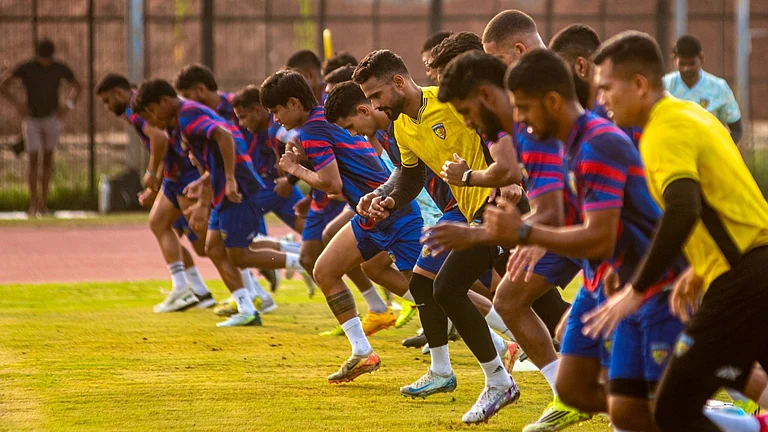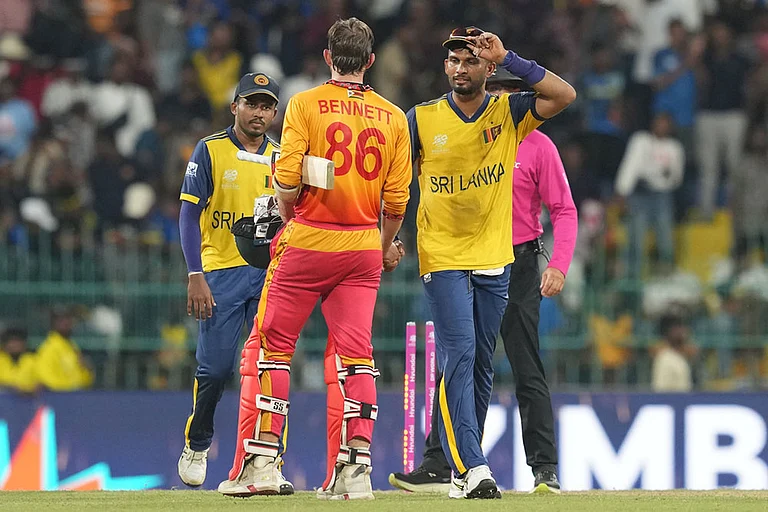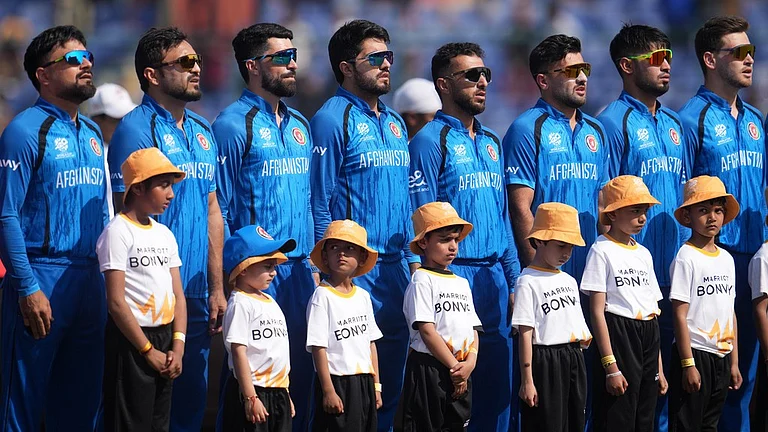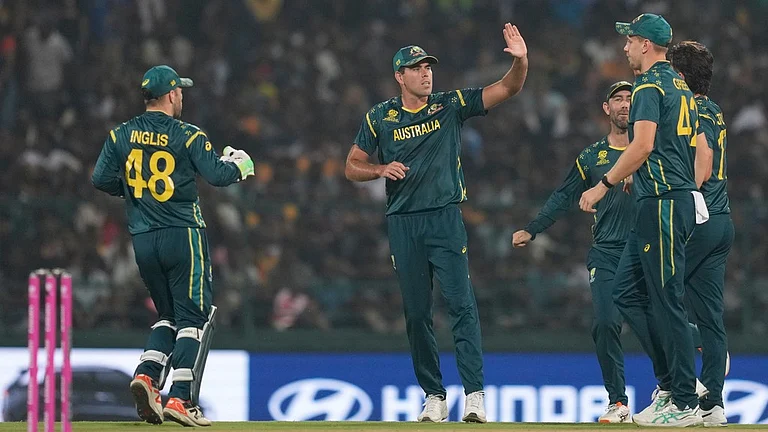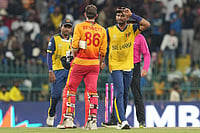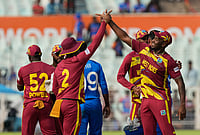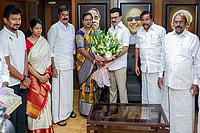One must have heard of the “Late City” edition of newspapers. The late city edition of a newspaper has the privilege of including the latest news that may have come to the press, which the previous editions may have missed printing because they were printed earlier and being transported to other destinations. The cause of lateness may be because the circumstances of the news had taken place very late or the news was under debate to go to the press or not. I raise this topic of lateness because I am writing a late review of a book. I had read the book quite some time back but could not write the review earlier. The reason for it is because I felt, perhaps for the first time, the disturbing nature of poetry. It is not that poetry itself is disturbing but rather Sanjukta Dasgupta’s latest collection of poems titled Indomitable Draupadi has a topicality that is so intense that it disturbs.
When a headline-grabbing story rolls out of newsprint it becomes just another story in course of time even though it may have been tragic, saddening and shaking when it first appeared. But when the same news comes from another source that is quite unexpected, and when there is much of it together, it becomes disturbing. For most of us evil doesn’t exist if we don’t see it. Sanjukta Dasgupta makes us see it by putting fingers into our eyes through her poems. Her poems are eye-piercing, heartbreaking and of course disturbing.
Reading her entire collection in one go will make you pause; reflect on the enormity of injustice that exists in our society and the world. In her poems she writes about Suzette Katrina Jordan of Kolkata, Renu the acid attack victim, the Kamduni girl, the Dalit girl of Hathras, the Hanskhali girl, veterinarian Priyanka of Hyderabad, Bilkis Bano, Renu Khatun of Ketugram, and many more, often unnamed, unreported victims of patriarchy who find echo in her poems. In her opening poem “Again” she writes:
Park Street, Kamduni, Hyderabad
Hathras, Unnao, Katwa, Hanskhali
Suzette Jordan, Nirbhaya, Bilkis Bano
Rape and gang-rape of female bodies
No caste, religion or class exempt
A timeless unabashed national sport! (ll. 17-22)

How many of these victims do we remember or feel for now? Sanjukta Dasgupta records them starkly in her poems; writing impressionistic lines on unofficial histories to counter forgetfulness. She calls it her humble social activism. If poets are the unacknowledged legislators of the world then she is the Speaker of that House.
Interestingly, after writing poems like “Lakshmi Unbound” and “Sita’s Sisters”, from her last two volumes, she has taken Draupadi from the Mahabharata as the spokesperson for this volume. And she quite aptly added the epithet “Indomitable” before her name. Unlike most women characters in the mythologies, Draupadi is the one who is the most argumentative and challenging. She is a “firebrand, fiery and firm” (“Argumentative Draupadi”). There are poems on Kunti, Madri, Gandhari, Kali, Ahalya, Saraswati, and even one titled “Millennial Sita”, in this collection but there are eight poems that directly deal with Draupadi. There are poems on other themes too like “Marxist Shakespeare”, “Farmers”, “Steaming Rice”, “Where Have All the Sparrows Gone”, “Me Time”, including many that speak of the Covid times like “Lockdown Blues” and “Valentine’s Day in Covid Times” to show her variety and especially her wit. In “What a Skewed World” she writes:
When you say you love me
I feel you must have found out
My bank account balance (ll. 1-3)
It is this mix of the tragic and the witty that is the hallmark of her poems. She can evoke pathos and humour both. In her poem “My Love…” she writes:
My love, because I have not met you
I meet you all the time. (ll. 1-2)
It is the paradox that is the defining characteristic of the world and that quality is captured by Sanjukta Dasgupta in her poems. We know every moment something terrible is happening somewhere in this world and we can still be happy. Sanjukta Dasgupta brings to us the paradox and no doubt it disturbs us – makes us pause to ponder and sometimes delay a review. I will end this review with the poet’s own words from her “Prologue”:
I earnestly hope in the 64 poems included in Indomitable Draupadi readers will not only find food for thought, but I earnestly hope that these poems about the many Kurukshetra battles that women fight within their homes and in the world will resonate in the minds of the empathetic readers and remain with them for a long time. (p. vi)
We must not forget if as human beings we have empathy. This too may be a late realization.
(Amit Shankar Saha is a poet, academic, writer and researcher, teaching in the English Department of Seacom Skills University. (https://www.amitshankarsaha.com))







